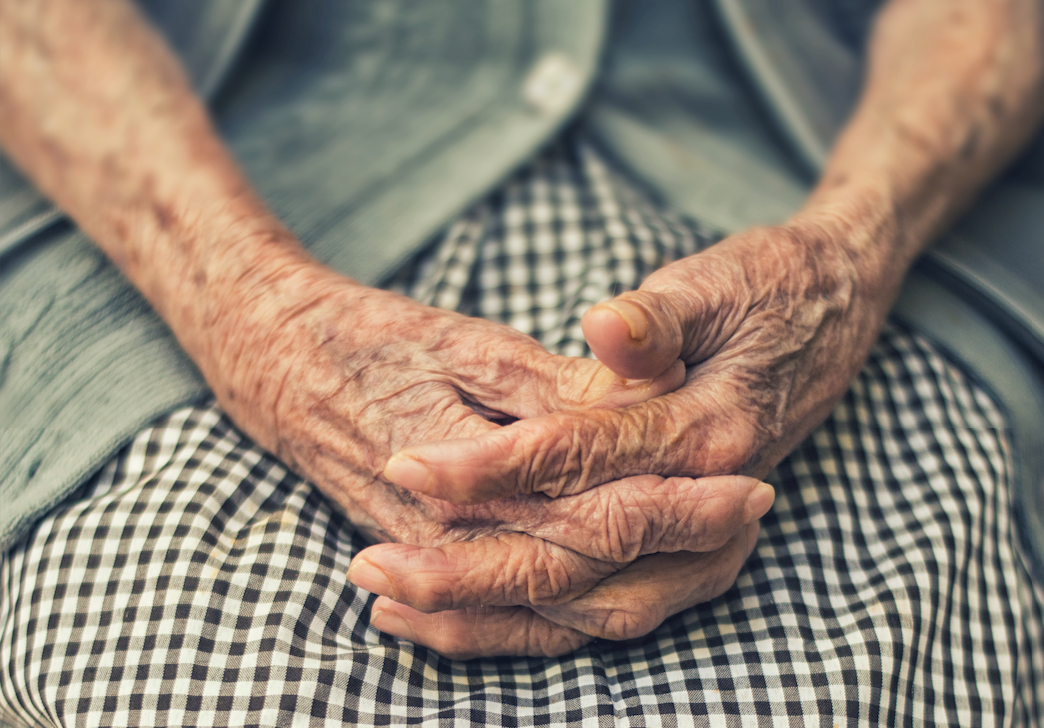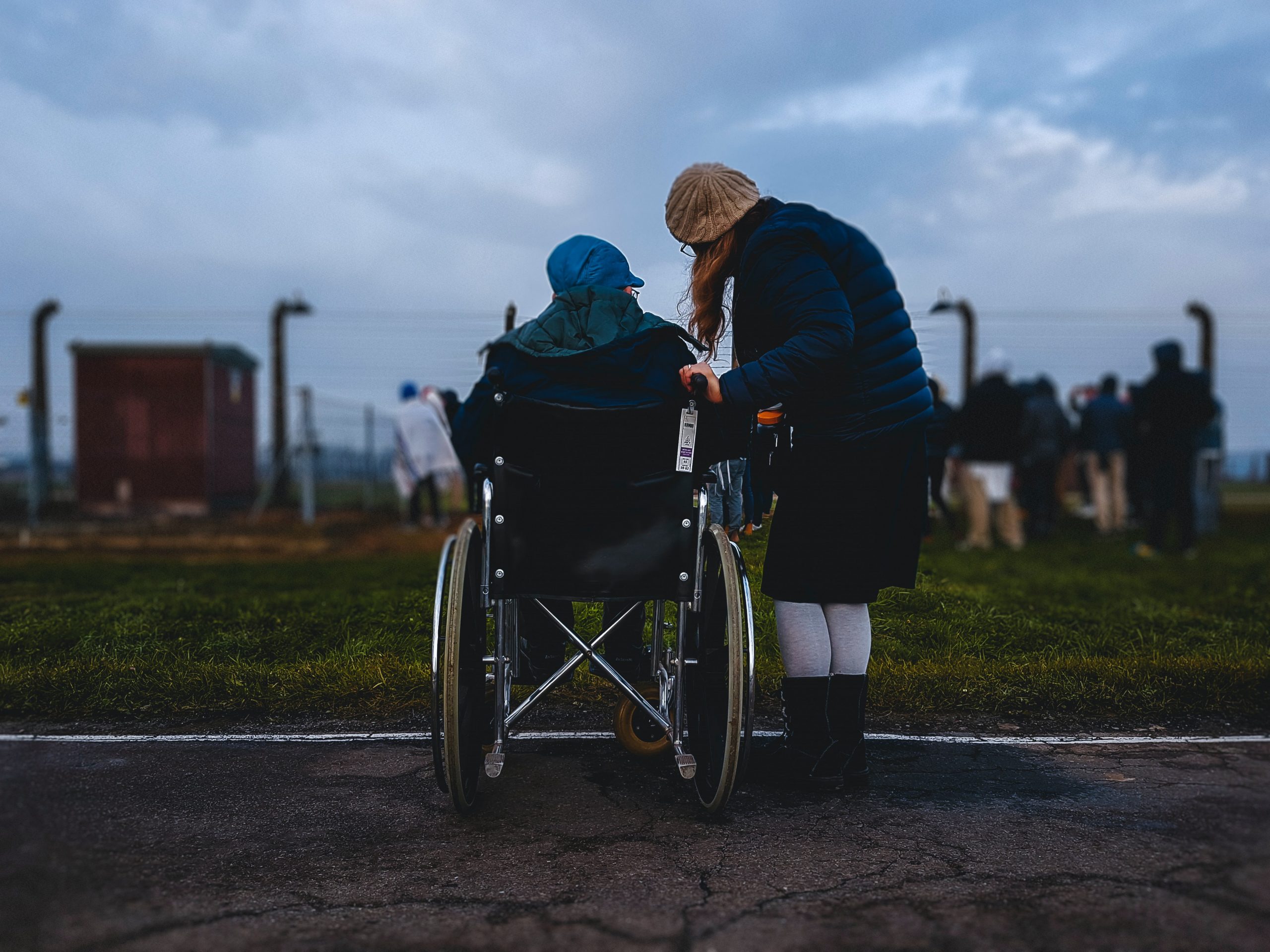Have you been, or has your loved one been, diagnosed with dementia? Do you dread the journey that lies ahead? Here are a few facts and resources to help you face this difficult challenge. Do not be afraid Almost all of us who are over 50 fear that we will get dementia...






